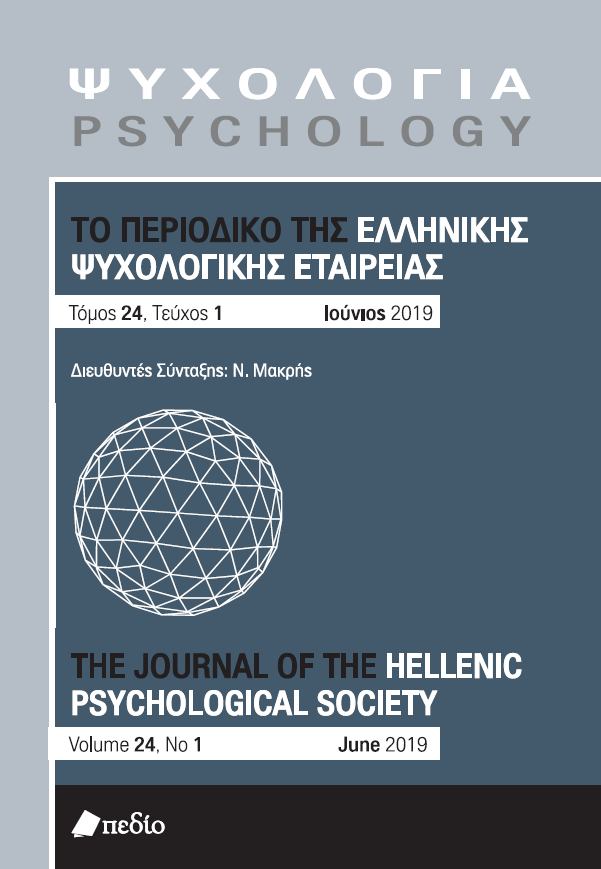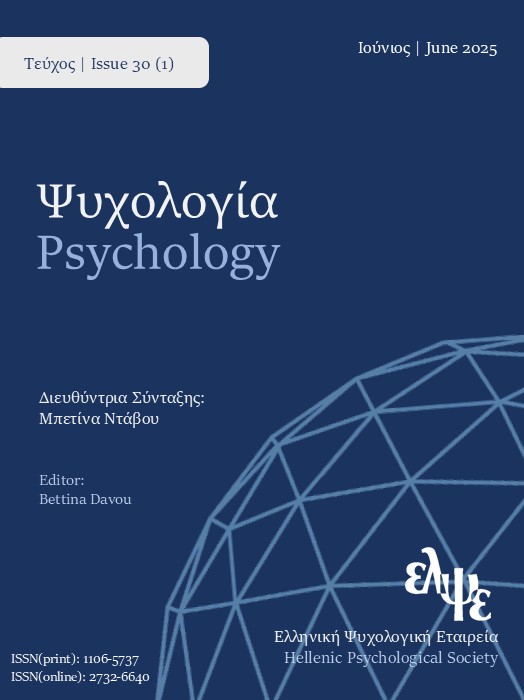Teacher’s Attitude, Psychological Classroom Climate and Students’ Externalizing Behavior Problems

Abstract
This study is placed in the framework of mental resilience models in Educational/ School Psychology, which emphasize the importance of relationships in basic contexts of life of students with problems. It is part of a wider research project and studies the relationship between perceived acceptance or rejection of teacher attitude, the psychological
climate of the classroom and externalizing behavior problems in primary school students. It is a comparative study among 55 students with externalizing behavior problems and 55 students without externalizing behavior problems, from the last grades of totally three primary schools in a suburban area of Crete. According to the main findings of the study, students’ externalizing behavior problems affect students to experience
teacher attitude greatly undifferentiated rejective (mild form of rejection). About the psychological climate of classroom, the results are conflicting, as students with externalizing behavior problems report they
are satisfied with both the peaceful/collaborative classroom climate (cohesiveness) and the conflictual climate (friction). Study’s results are utilized through intervention proposals for the prevention and treatment of schoolage students’ externalizing behavior problems.
Article Details
- How to Cite
-
Σμυρνάκη Μ., & Κουρκούτας Η. (2017). Teacher’s Attitude, Psychological Classroom Climate and Students’ Externalizing Behavior Problems. Psychology: The Journal of the Hellenic Psychological Society, 22(1), 44–58. https://doi.org/10.12681/psy_hps.23266
- Issue
- Vol. 22 No. 1 (2017)
- Section
- RESEARCH PAPERS

This work is licensed under a Creative Commons Attribution-ShareAlike 4.0 International License.
The journal PSYCHOLOGY adopts a Platinum open-access policy. Submission, processing or publication costs are waived by the Hellenic Psychological Society. Papers published in the journal PSYCHOLOGY are licensed under a 'Creative Commons Attribution-ShareAlike 4.0 International' licence. The authors reserve the copyright of their work and grant the journal the right of its first publication. Third-party licensees are allowed to use the published paper immediately after publication as they wish, provided they retain the defined by the license copyright formalities, regarding the reference to its author(s) and its initial publication in the journal PSYCHOLOGY. Moreover, any adjusted work should be shared under the same reuse rights, so with the same CC license.




